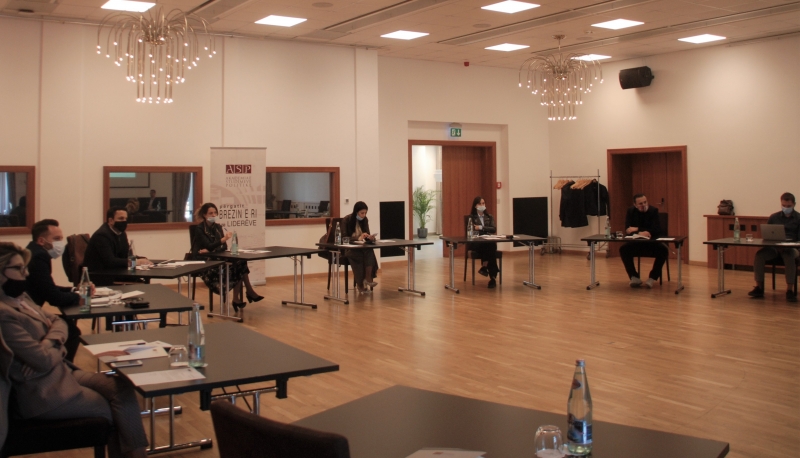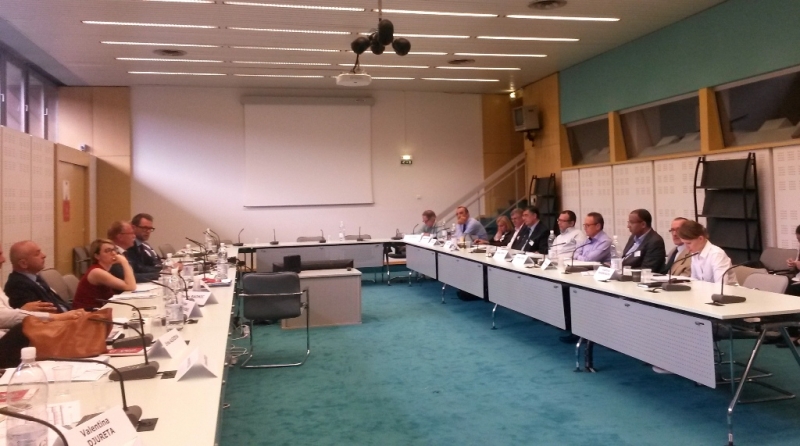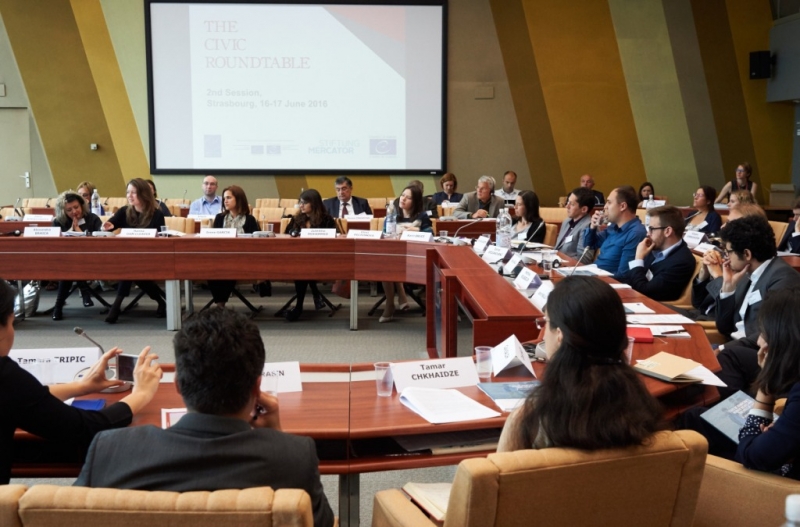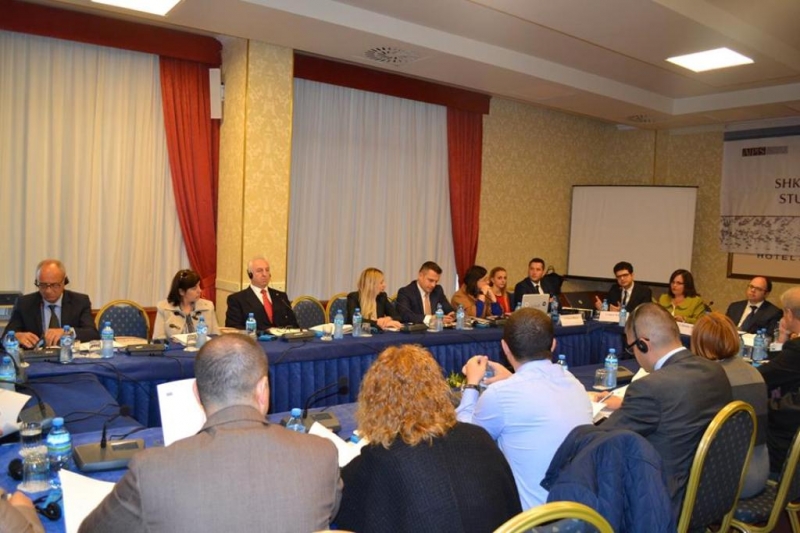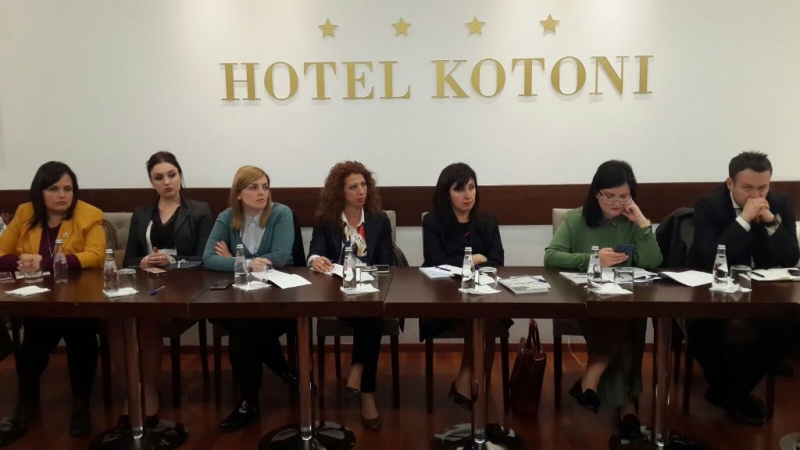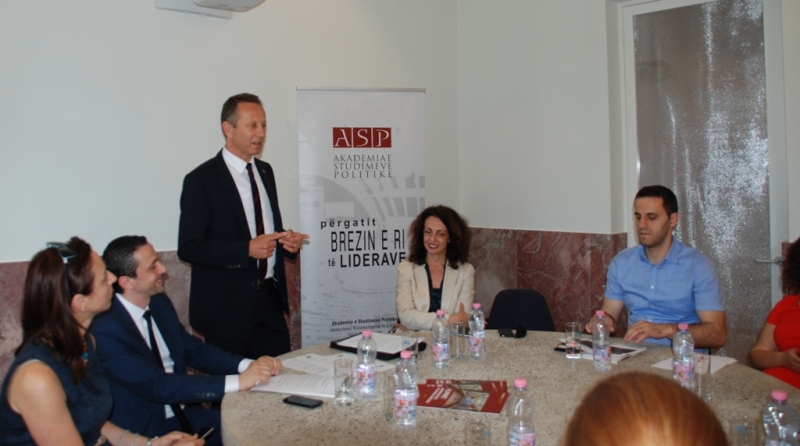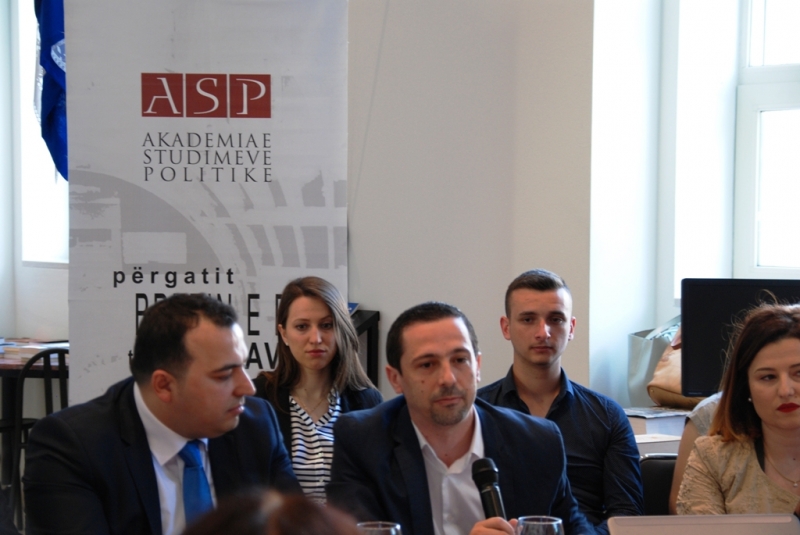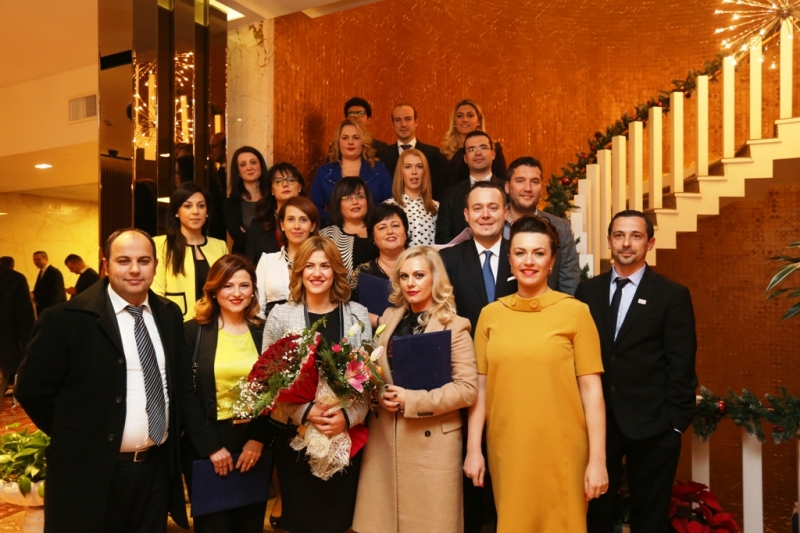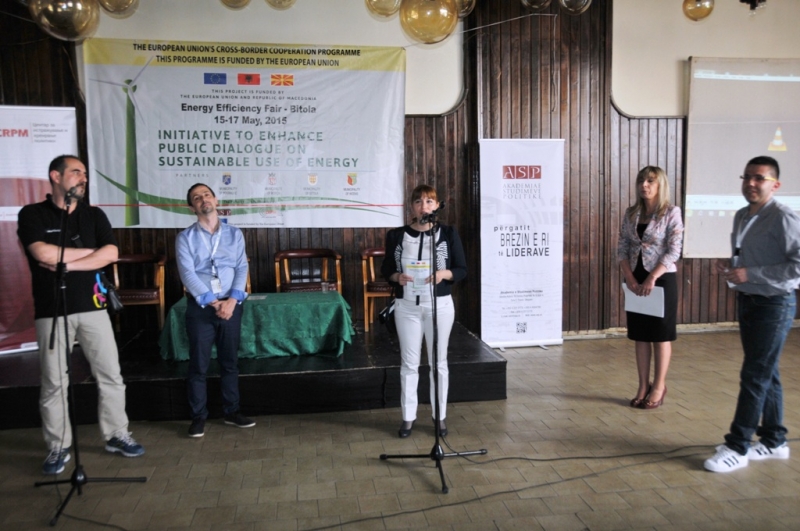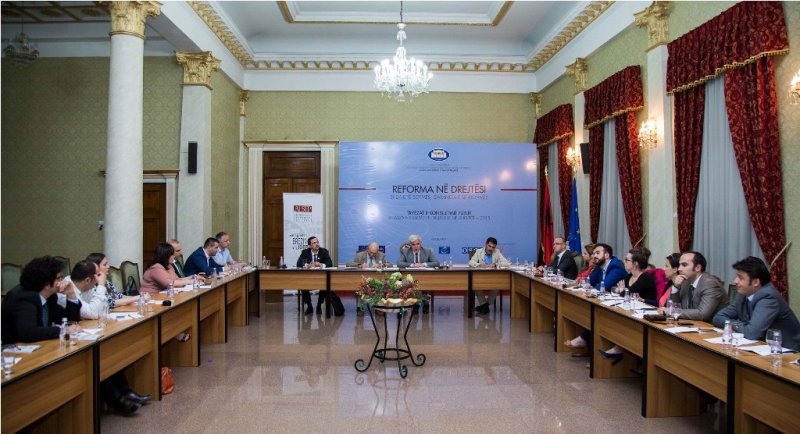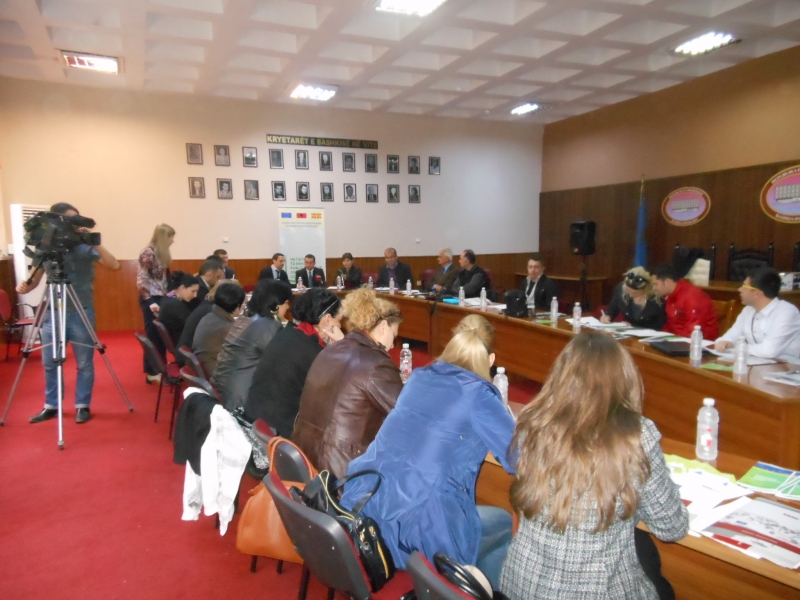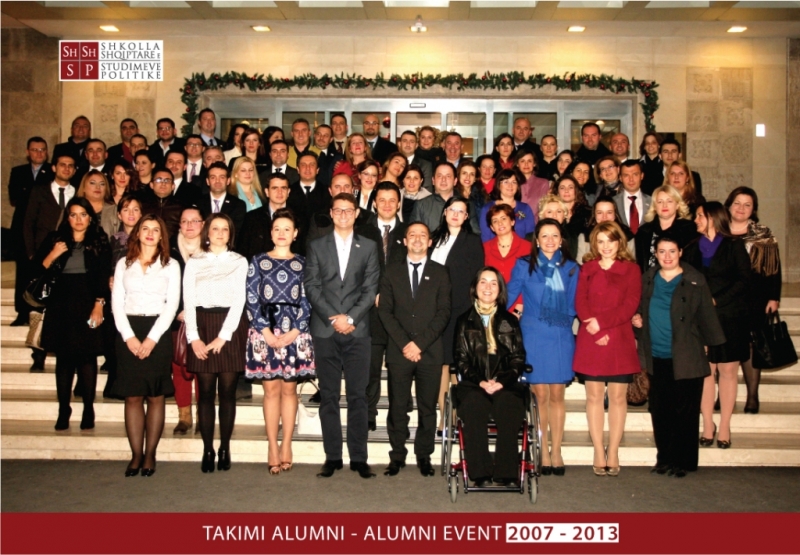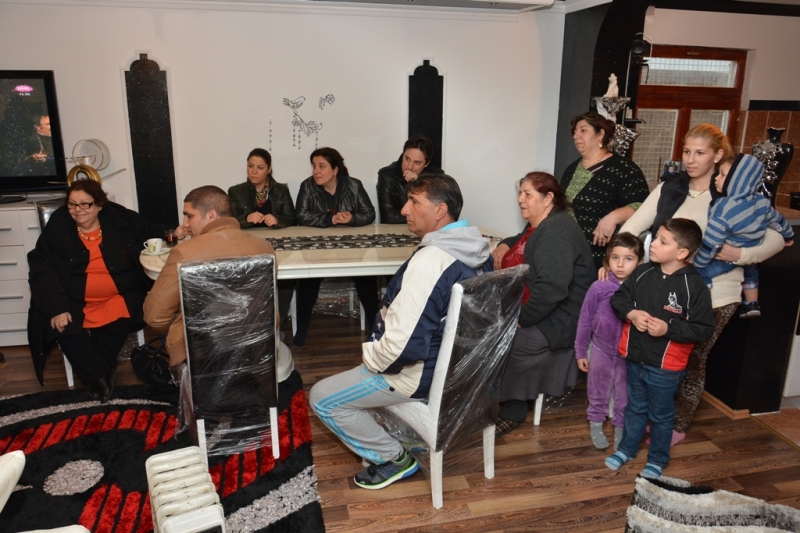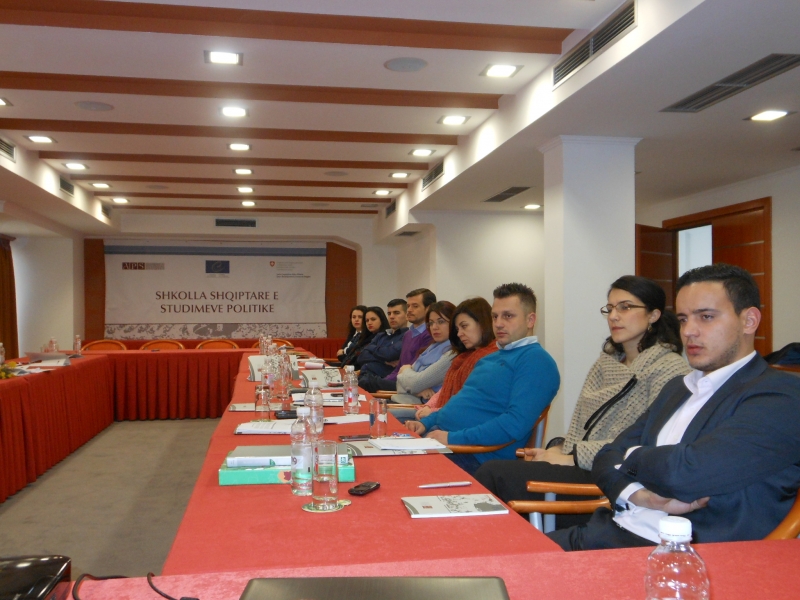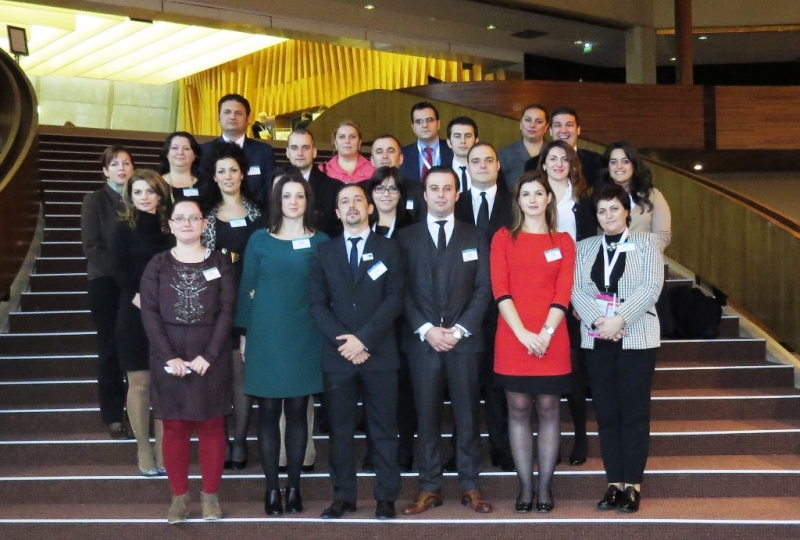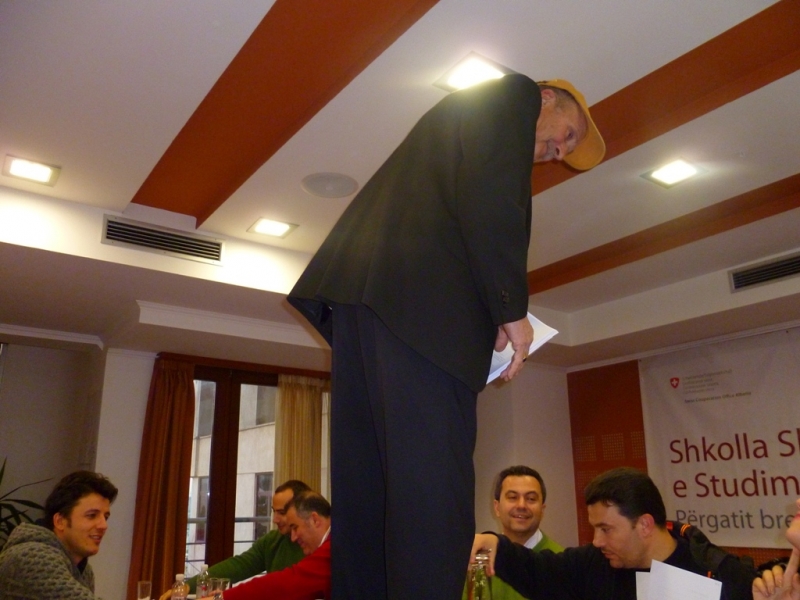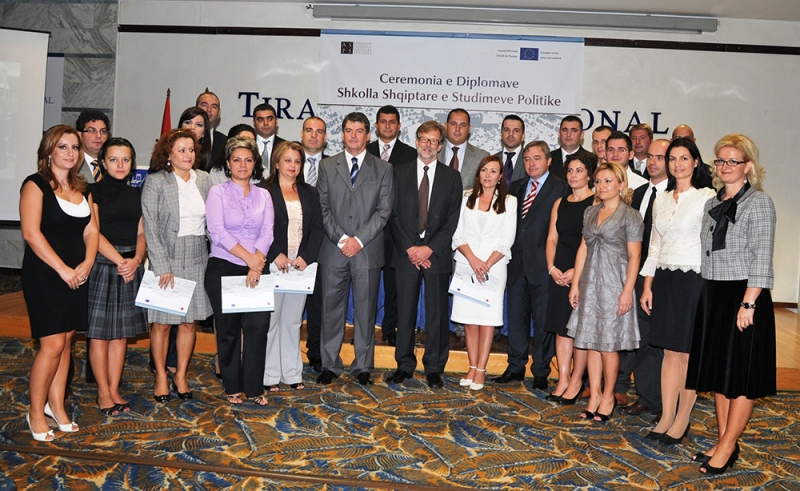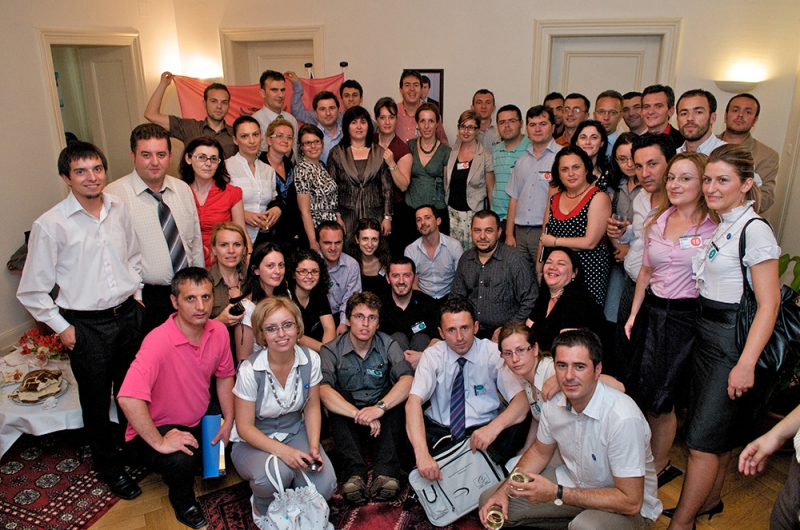Thursday, March 12, 2009
ASPS held its first three-day course on “Political parties” during 6 – 8 February 2009 in Pogradec with the aim of enhancing the knowledge and skills of the participants on issues of political parties, elections and political communication. Among keynote speakers were: Mr Rexhep Mejdani, Former Albanian President, Mr Kastriot Islami, MP and member of the Albanian delegation to the PACE, Mr Taulant Balla, MP, Mr Alban Bala, the Institute for Public Relations, Dr Ermal Hasimja, lecturer of political science at the European University of Tirana and Mr Adri Nurellari lecturer of political science at several universities in Albania and abroad and Director of the Albanian Liberal Institute. The course was attended by 29 participants out of 32.
In the light of approaching parliamentary elections of June 2009, participants actively discussed such features of political parties and elections as the organization and functioning of political parties in Albania, the recently established Albanian election system (pros and cons), election campaigns as well as issues of political communication.

Debate, participation and team-work were significantly enhanced through workshops and case-studies which touched upon current issues of Albanian politics. The evaluation forms submitted by the participants at the end of the course ranked the overall participation of the group as “very active” and positively assessed participation-enhancing opportunities (workshops, case-studies, direct dialogues with politicians).
Social networking among the participants but also between the participants and the lecturers, politicians and experts extended beyond class activities. Trips to nearby tourist locations, sport and other leisure events were organized by the participants and the lecturers during free hours.














